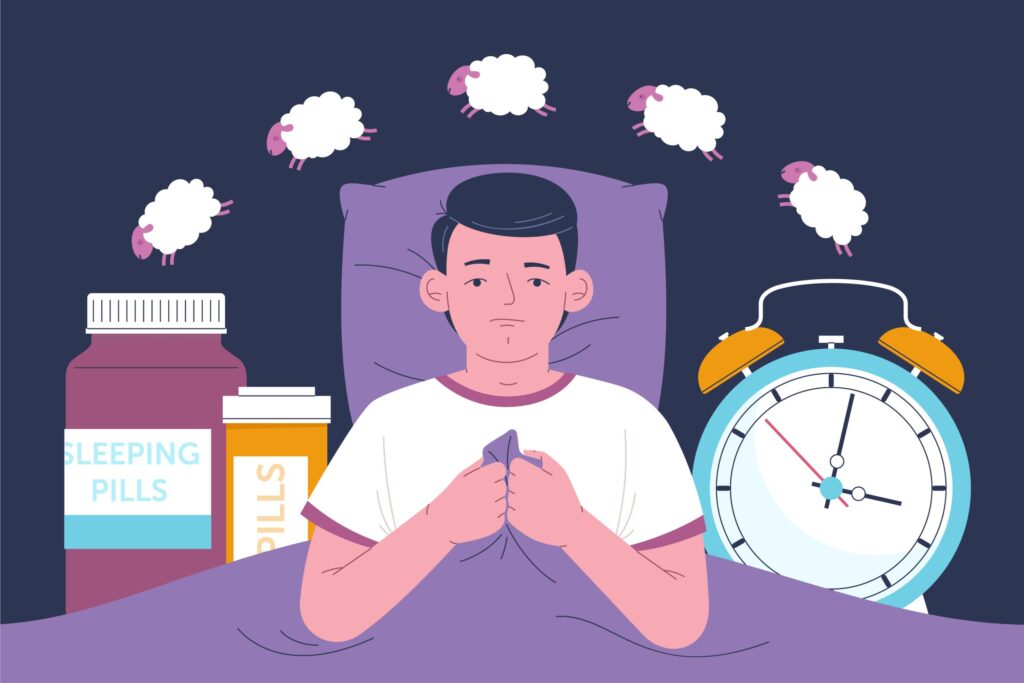Introduction: In the intricate web of our body’s functions, there exists a captivating interplay between sleep, breathing, metabolism, and chronic pain. While these aspects might seem distinct, they are surprisingly interconnected, influencing one another in ways that significantly impact our overall well-being. In this article, we’ll delve into the intricate relationships that tie these four elements together and explore how understanding these connections can lead to better health.
The Sleep-Breathing Nexus: At first glance, sleep and breathing might not appear to be closely related, but they share a profound link. Sleep-disordered breathing, including conditions like sleep apnea, can disrupt normal breathing patterns during sleep. This disruption not only leads to poor sleep quality but can also impact metabolism and exacerbate chronic pain. When breathing is compromised during sleep, oxygen intake decreases, affecting the body’s metabolic processes and potentially contributing to chronic pain conditions.
Metabolism’s Role in Sleep and Pain: Metabolism, the intricate process that converts food into energy, plays a pivotal role in both sleep and chronic pain. Poor metabolic health, often associated with obesity and diabetes, can lead to sleep disturbances. Insulin resistance, a hallmark of metabolic dysfunction, can disrupt sleep-regulating hormones, making it harder to achieve restorative sleep. Furthermore, disturbances in metabolism can heighten inflammation, intensifying chronic pain conditions.
The Painful Connection: Chronic pain is not merely a physical sensation; it’s intricately linked to various physiological processes, including sleep and metabolism. Sleep deprivation can lower the pain threshold, intensifying the perception of pain. Additionally, chronic pain can disrupt sleep patterns, creating a vicious cycle of pain and poor sleep. The stress from enduring chronic pain also triggers hormonal responses that impact metabolism, potentially leading to further health complications.
Breaking the Cycle: Understanding the connection between sleep, breathing, metabolism, and chronic pain opens up avenues for improving overall well-being. Addressing sleep-disordered breathing through treatments like continuous positive airway pressure (CPAP) can enhance breathing, leading to better sleep quality. Prioritizing metabolic health through balanced nutrition and regular physical activity not only aids metabolism but also positively influences sleep and pain perception. Similarly, managing chronic pain effectively can lead to improved sleep quality and metabolic function.
Conclusion: The intricate dance between sleep, breathing, metabolism, and chronic pain reveals the complexity of our body’s systems. Recognizing the connections among these elements highlights the importance of a holistic approach to health. By prioritizing sleep hygiene, promoting proper breathing, nurturing metabolic wellness, and addressing chronic pain, we can break the cycle of negative interactions and pave the way for a healthier, more vibrant life. Remember, these elements are not isolated but rather threads woven into the fabric of our well-being, influencing each other in ways that deserve our attention and care.

